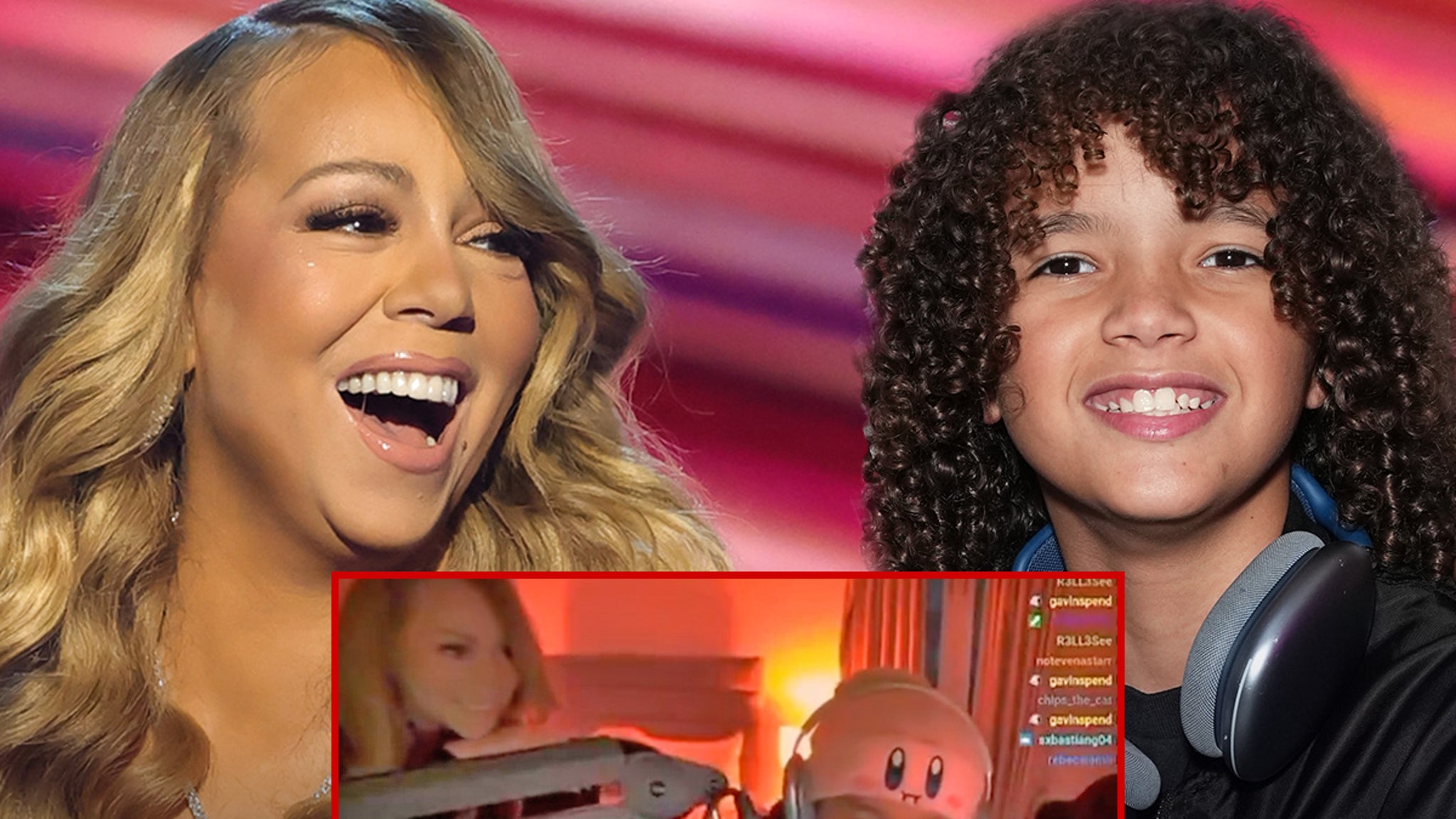Culture
At France’s Oldest Theater, Things Change, but They Also Stay the Same

Later this year, the actor and director Clément Hervieu-Léger will assume one of the most influential positions in French theater: general administrator of the Comédie-Française, the country’s oldest active company. France’s culture ministry announced the appointment last week.
For now, however, Hervieu-Léger, 47, remains a player in the company’s acting ensemble, and through June 1, he is starring in a production of Chekhov’s “The Cherry Orchard” that he also directed. Onstage on Sunday, Hervieu-Léger blended in discreetly as Trofimov, an aging student who hovers around the play’s central landowning family. (It took me a minute even to recognize him.)
The venerable Comédie-Française was founded in 1680, when a troupe begun decades earlier by the playwright Molière merged with a rival institution. With Hervieu-Léger’s appointment, it has opted — as so often — for continuity. Since 2001, every general administrator has come from the company’s ranks. Éric Ruf, who holds the position until this summer, had over two decades of experience as a Comédie-Française actor before his appointment in 2014.
His successor has followed a remarkably similar path. A lithe, elegant performer, Hervieu-Léger was hired by the troupe in 2005 and has since been seen in a vast repertoire of plays, including Molière comedies and Tony Kushner’s “Angels in America.”
In 2018, he joined the ranks of the “sociétaires,” or “shareholders,” a core group of company members who own stakes in the Comédie-Française, make up the board and oversee the theater’s operations. All must abide by the company’s motto: “Simul et singulis,” which means, “Together and individual.”
In the past, this ensemble-led system has made it difficult for outsiders to come in and manage the Comédie-Française effectively. Even former sociétaires have faced internal mutiny: Muriel Mayette-Holtz, the first female general administrator, was replaced by Ruf in 2014 after company members protested her tenure in a letter to the French culture minister.
Still, the prestige of the position is such — the administrator is personally appointed by the French president — that Hervieu-Léger faced serious competition. According to the French newspaper Le Monde, two high-profile candidates had thrown their hats in the ring: Arthur Nauzyciel, who is currently at the helm of the National Theater of Brittany; and the film and stage director Christophe Honoré, known for movies including “Love Songs” and “Sorry Angel.”
While Hervieu-Léger is less of a household name, he will be able to draw on his wide-ranging experience. Alongside his acting career, he has directed over a dozen productions across theater and opera, with a pronounced taste for classic plays: in addition to Chekhov and his countryman Ivan Turgenev, Hervieu-Léger has tackled Molière and the 18th-century comic playwrights Pierre de Marivaux and Carlo Goldoni.
He has also overseen plenty of projects beyond the Comédie-Française. In 2010, he co-founded La Compagnie des Petits Champs, a theater company based in rural northern France. His affinity for ballet has also translated into a number of side gigs, including a position as drama teacher at the Paris Opera Ballet School. In early April, his hybrid dance-theater adaptation of “They Shoot Horses, Don’t They?,” a co-creation with the choreographer Bruno Bouché and the actor Daniel San Pedro for the Ballet du Rhin, will have its Paris premiere at the Théâtre de la Ville.
As a director, Hervieu-Léger’s style leans toward understated, period-appropriate sophistication; a history buff, he was elected president of the French Society of Theater History in 2021. His production of “The Cherry Orchard” is a case in point. In Hervieu-Léger’s interpretation, Chekhov’s 1903 play unfolds on a wood-paneled stage decorated with refined paintings, evoking the country lifestyle of the aristocratic family; the minutely cut costumes are demure enough to suit early 20th-century characters. The craft of the Comédie-Française’s famed in-house set and costume departments are evident in every scene, to a degree that outside directors don’t always exploit.
“The Cherry Orchard” is also a showcase for Hervieu-Léger’s colleagues, with smart casting across several generations of actors. Florence Viala, a company member since 1994, brings a flighty self-assurance to the central role of Lyubov. Loïc Corbery, often seen in romantic leading roles, is an unexpected choice as the coarse Lopakhin, yet he owns the role with mercurial energy. As Firs, the elderly butler, Hervieu-Léger brought back the retired sociétaire Michel Favory, who acts as an earnest, serious anchor throughout.
Hervieu-Léger’s intimate knowledge of the troupe will serve him well as the general administrator, and Ruf leaves behind an institution in good shape. Over his three terms, Ruf struck a balance between the house’s traditions and a newfound openness. In addition to bringing in star directors like Thomas Ostermeier and Ivo van Hove, he worked quietly behind the scenes to increase diversity, hiring several Black actors and achieving gender parity among the directors he programed.
The Comédie-Française said last week that Hervieu-Léger would unveil his plans this summer, though the company seems set to continue on its steady course. If it ain’t broke, don’t fix it: It’s a view that the Comédie-Française is entitled, by nearly 350 years of history, to hold.






























